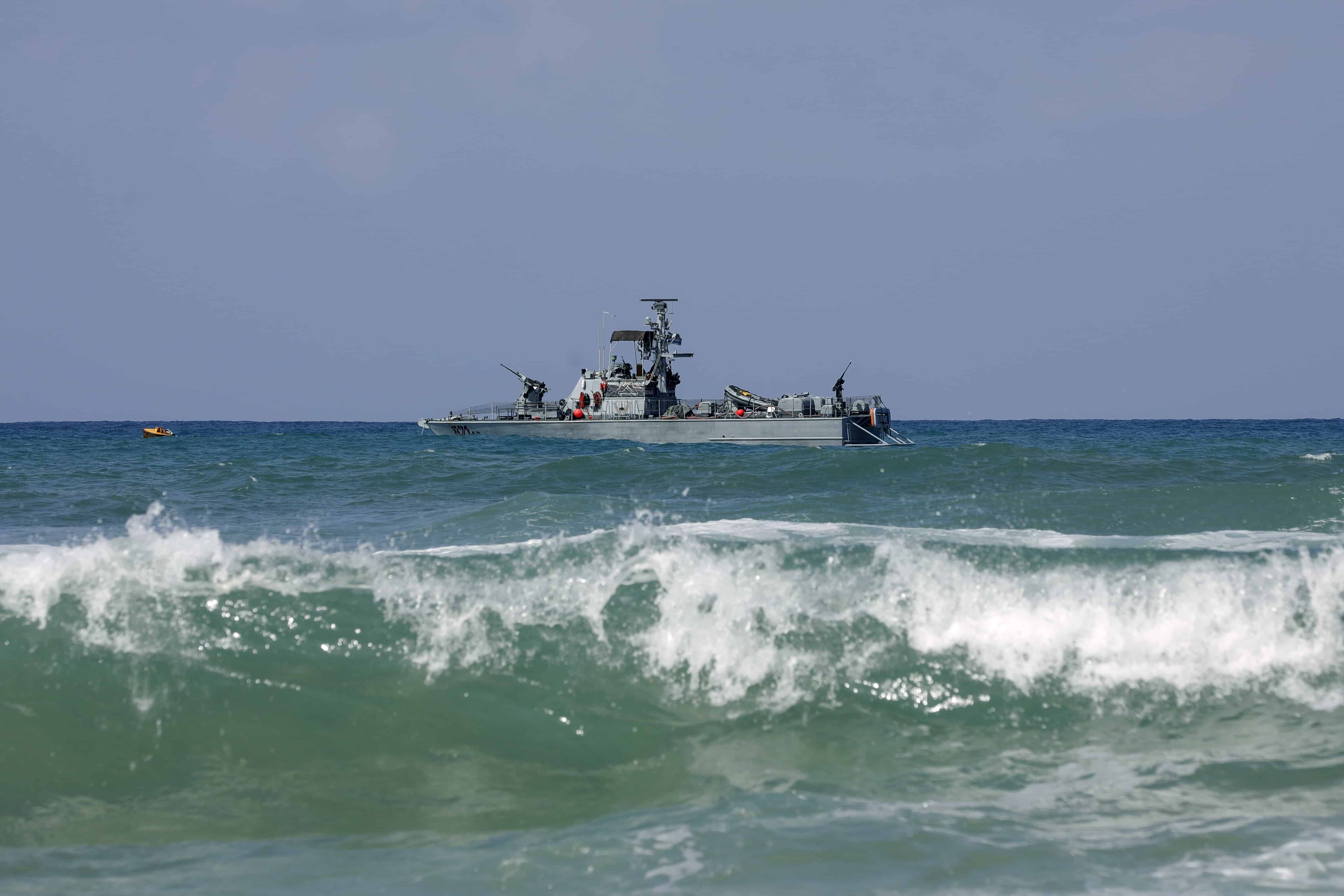Lebanon and Cyprus agreed Friday to move ahead with sea border talks a day after Beirut inked a maritime boundary deal with Israel that opens up lucrative offshore gas fields.
“There’s no problem between Lebanon and Cyprus that cannot be resolved easily,” said Cypriot envoy Tasos Tzionis following a meeting with Lebanese President Michel Aoun.
“We had very friendly and extremely constructive discussions” on demarcating maritime borders between the two Mediterranean countries, Tzionis said, expressing hope an agreement was within reach.
In 2007, Lebanon and Cyprus signed an agreement to delineate their respective exclusive economic zones, but it was never ratified by the Lebanese parliament due to the then-unresolved dispute with Israel.
Neighbours Israel and Lebanon, which are technically still at war, signed on Thursday a US-brokered agreement removing hurdles for natural gas production by both countries off their coast.
Cyprus, which has aspirations of becoming a major energy player in the eastern Mediterranean, has a key exclusive economic zone, divided into 12 blocks and potentially rich in gas.
“The cooperation with Cyprus is not like the cooperation with the Israelis, the enemy state,” said Elias Bou Saad, deputy speaker of the Lebanese parliament who played a major role in the indirect talks with Israel.
But Lebanon must also complete talks with its northern neighbour Syria before the maritime border with Cyprus can be finally demarcated.
“We have explained to the Cypriot party that we are not in a position to unilaterally delineate the border… without an agreement with Syria,” said Bou Saad.
Syria, once politically powerful in Lebanon, has repeatedly refused border talks.
The Lebanese presidency announced this week that a delegation would visit Damascus to discuss the issue, but that trip has not happened.
The Syrian ambassador in Beirut, Ali Abdel Karim Ali, said it was due to “confusion” over the proposed dates.
Bou Saab said “we have demanded to meet again with our Syrian friends.”








